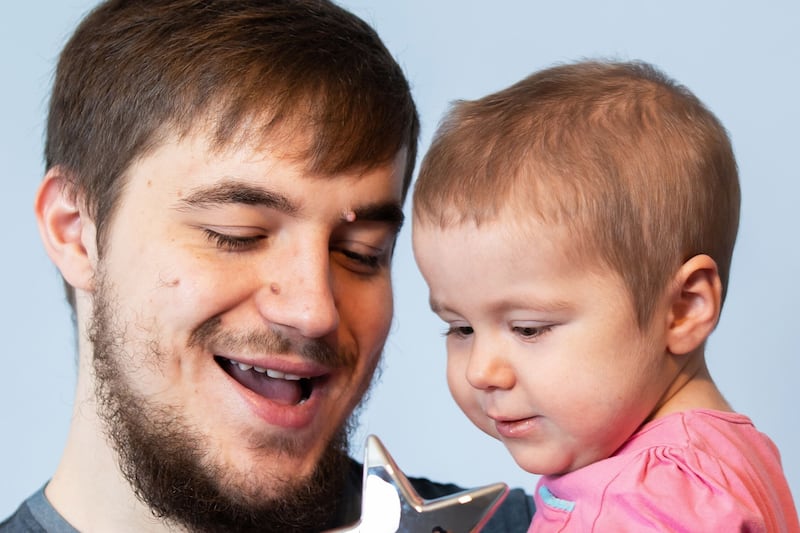The father of a young Co Down woman who died of a rare form of leukemia is urging those diagnosed with blood cancers to share their stories and highlight work to combat such illnesses.
Catherine Buchanan, from outside Bangor, died in 2013, one week after it was confirmed she had a rare and aggressive form of blood cancer, Acute Promyelocytic Leukaemia.
The 17-year-old had been planning to study at Cambridge University, with hopes of becoming a scientist, when she fell ill.
Her father, Richard Buchanan, is now chair of local charity Leukaemia & Lymphoma NI (LLNI), which is marking its 60th anniversary.

With three people diagnosed with blood cancer every day in the north, Richard is urging those fighting illness such as leukaemia, lymphoma and myeloma to share their experiences online as part of a programme of events to mark the charity’s six decades of work.
He made the call on World Blood Cancer Day on Tuesday.
“Sharing our story with others has been a great help for dealing with the loss our family has felt. After Catherine passed away, the community which rallied round us was invaluable,” he said.
“Whether it is sharing some of the details around their own personal diagnosis, or remembering someone they’ve lost, we’re calling on the Northern Ireland public to submit a photo and a short submission.”
The photos and extended captions gathered will form part of a special online ‘canvas’ where members of the public can discover stories of people affected by blood cancer.
They can be submitted on the Leukaemia & Lymphoma NI website, llni.co.uk.
“We want to bring people together and bolster our community of those affected by these evil diseases,” Richard said.
“More than anything we want to show that, with the right support, we can save lives and improve outcomes for people living with blood cancer in Northern Ireland through scientific research.”
He highlighted the work of the Patrick G Johnston Cancer Centre at Queen’s University Belfast.
“This facility needs funding to be able to continue the vital research the scientists there are performing,” he added.
“I urge members of the public to dig deep and help us raise funds so that more families don’t have to go through the experiences which mine has faced.”









